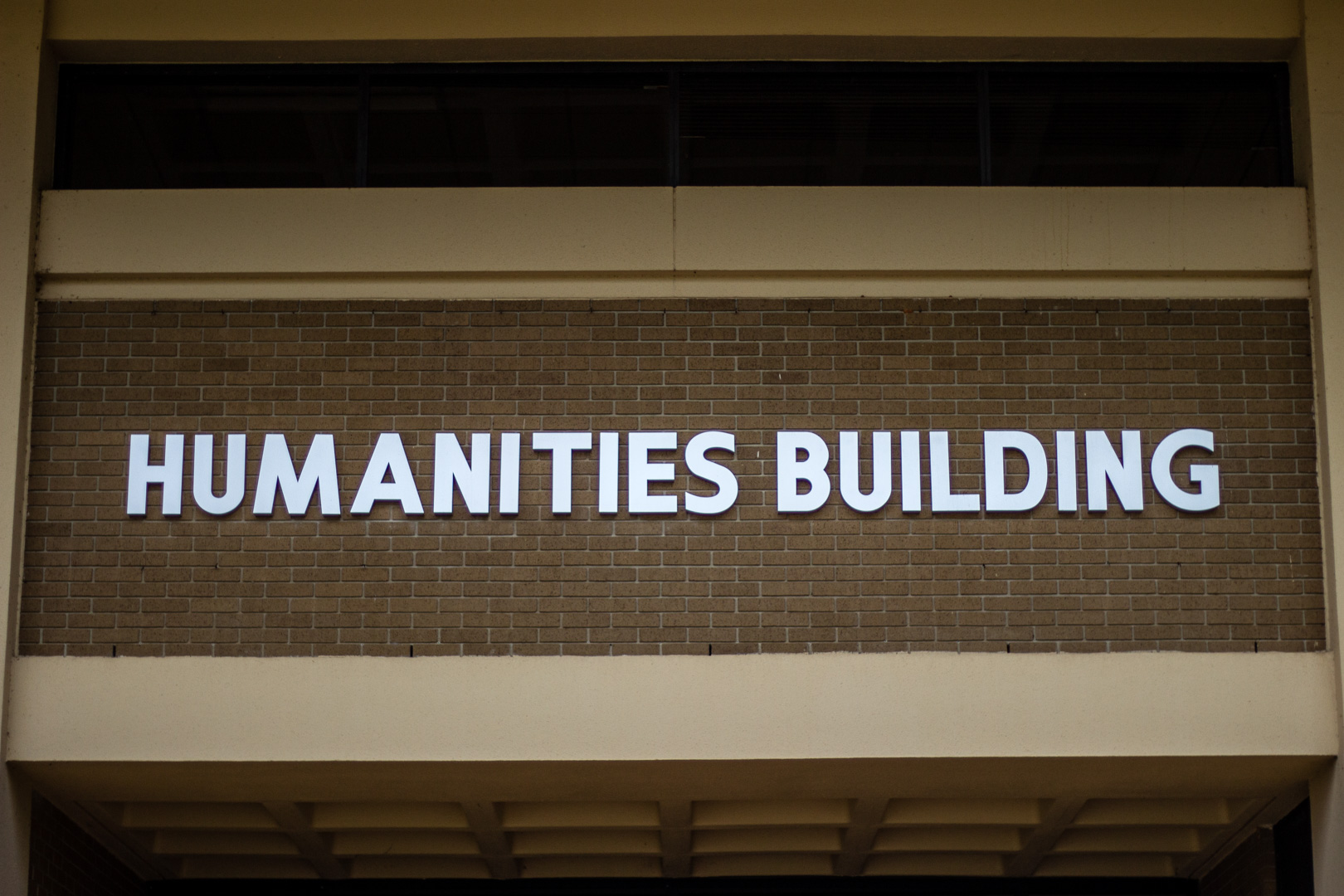The former College of Arts and Humanities, Social Sciences, Science and Mathematics have merged to form the College of Arts, Culture and Scientific Inquiry at UWG.
The university is now comprised of nine colleges and schools combined, including the new College of Arts, Culture and Scientific Inquiry, of which Pauline Gagnon is the dean. Different areas of study such as psychology, history, mathematics, theatre and foreign languages are all combined under the same governing entity within this newly formed college.
“The great thing is that we didn’t lose anything,” said Associate Dean and Professor of Art Clint Samples. “Our programs are still in place. Our majors are still in place.
“The structure has changed,” continued Samples. “We have new department names, a new college name, but the core is intact. I don’t think students will be affected with their degrees or their programs.”
Although the core and the number of programs offered remain the same, a recent email sent by Information Technology Services (ITS) to all UWG students suggests that the degree requirements are changing, which may impact the programs, the faculty and upcoming students.
“Over the next few weeks the registrar’s office will be completing changes to degree plans and catalogs that were put on hold during the upgrade including changes to address degree plans impacted by recent changes to the structure of colleges and schools at UWG,” said the ITS informational alert.
Several departments in the former College of Arts and Humanities, Mathematics and Science, and Social Sciences have been demoted to program rank in the new College of Arts, Culture and Scientific Inquiry. That is the case for the history and psychology departments, which are now combined with other programs. For instance, history is now a program in the Department of Art, History, and Philosophy.
“Change is hard,” said Samples. “I think some people may go through it easier than others, and I also think about the possibilities and opportunities.
“I think about interdisciplinary programs and being able to connect easier with other areas on campus and faculty working together,” continued Samples. “That’s how I like to think about it. I think it’s exciting, but then again I do think change can be difficult for all of us.”
You may also like
-
UWG’s Ingram Library Hosts Pop-Up Study Spot to Help Students Prepare for Finals Week
-
UWG Offers Mental Health Support And Academic Services To Maintain Student Success During Finals Week
-
UWG Alumnus Shares His Experience Exploring the Underground Flood Channels of Las Vegas
-
Georgia Students Simulate the Struggles of Dementia
-
UWG PR Students Score a Georgia Power Tour at Atlanta Corporate Office
